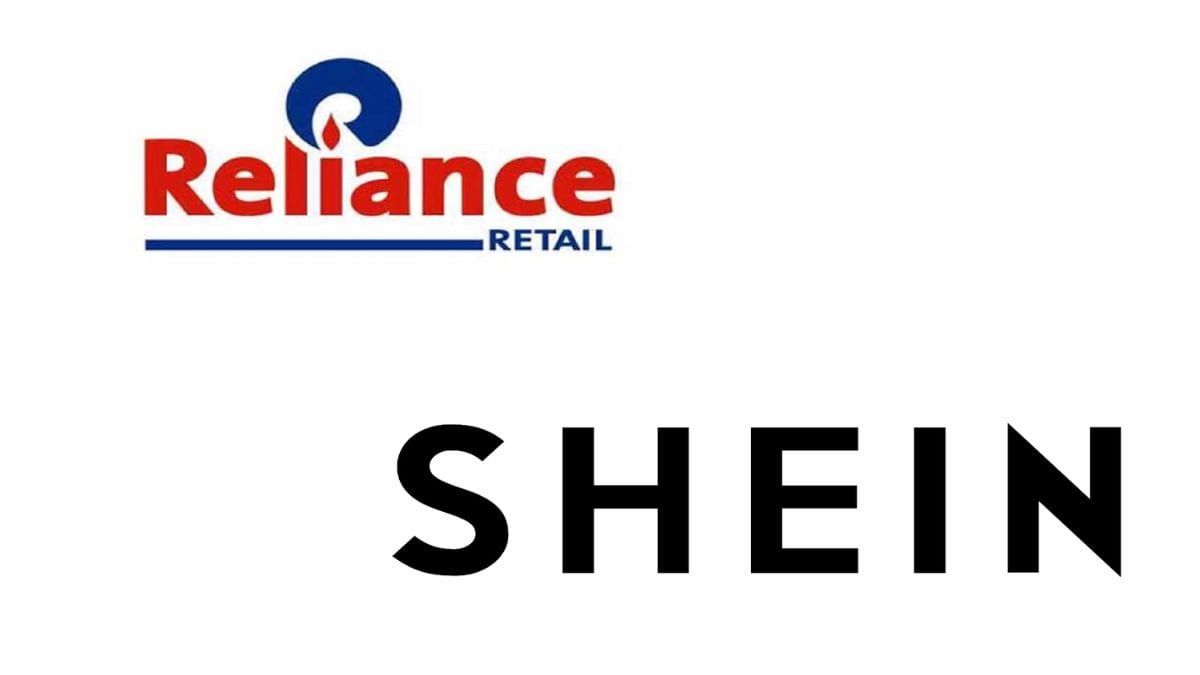Reinvigorating Delhivery: Shein-Reliance Alliance Poses Promising Resurgence for Indian E-commerce Sector: 2023
Delhivery Champions the Shein-Reliance Alliance to Revitalize Indian E-commerce

According to co-founder and CEO of Delhivery, Sahil Barua, the collaboration between Shein and Reliance in their re-entry into the Indian e-commerce market holds the potential to rejuvenate the sector. In recent times, the e-commerce industry in India has faced challenges due to various macroeconomic factors such as the funding winter and a decline in consumer demand.

However, the strategic alliance between Shein and Reliance offers a promising opportunity to overcome these obstacles and breathe new life into the market. Barua’s perspective emphasizes the potential positive impact of this partnership on the Indian e-commerce sector, highlighting the significance of this development in revitalizing the industry after a period of slowdown.
During a post-earnings call, Barua expressed his belief that the return of the aforementioned player would greatly enhance Reliance’s sourcing capabilities. It is evident that Ajio, in particular, has experienced remarkable growth as an ecommerce platform over the past year. Barua’s positive outlook on this development indicates a promising future for the market.

Without financial duplication, I firmly maintain the conviction that when a notable individual deliberately allocates resources within a specific sector, it yields a significant and favourable influence on the overall market, ultimately benefiting all parties involved. Consequently, as Shein, a significant player, makes its entry, it is anticipated that the allocation of resources towards this category will witness a noteworthy surge.
As a result, this surge is poised to bring about favourable outcomes not only for Shein but also for other e-commerce companies operating within the same domain,” the individual emphasized.

Recent reports indicate that Shein, a Chinese online fast fashion brand, is making a comeback in India through a partnership with Reliance Retail, the nation’s prominent retailer.
Following the ban imposed by the Ministry of Electronics and Information Technology in June 2020, which involved several apps due to escalating tensions on the Himalayan borders, Shein was among the brands affected. However, after a gap of almost three years, Shein is now set to re-enter the Indian market with the support of Reliance Retail.
The e-commerce industry in India has experienced a deceleration in its growth trajectory following a period of rapid expansion during the years of the pandemic.
Barua, a reputable figure in the industry, expressed a cautious but confident perspective on the future growth of e-commerce. In an attempt to avoid being seen as a pessimistic voice, Barua compared himself to Cassandra, the mythological figure whose warnings were often dismissed.
Despite initial skepticism, Barua stands by his earlier prediction that e-commerce will maintain a steady growth rate ranging from 15% to 20% annually. His assessment remains unwavering, emphasizing his belief in the industry’s potential for sustained progress.

The deceleration in the industry is primarily attributed to a combination of factors, including the impact of rising inflation on consumer purchasing power, the tightening availability of funds for private e-commerce companies that heavily relied on discounting strategies, as well as customer-oriented return and refund policies.
This convergence of influences has contributed to a notable decline in consumer demand within the sector, resulting in the current slowdown.
In my opinion, individual players in the industry are likely to encounter challenges throughout the year as they are required to restructure certain aspects of their business. While this may result in a temporary slowdown for the sector, I believe that the emergence of companies like Shein, as reported in the news, will significantly contribute to market expansion in the upcoming year.
This positive development is expected to counterbalance the aforementioned headwinds and foster overall growth within the industry.
The CEO of Delhivery expressed that the growing emphasis on profitability within the e-commerce industry is advantageous for their company, enabling them to expand their market presence through the provision of cost-effective logistics solutions. Nevertheless, he firmly refuted any claims suggesting the existence of pricing pressure in the industry.
After analyzing the financial results, Barua highlighted that Delhivery’s reported 10 percent decrease in revenue was primarily due to the departure of Chinese e-commerce giant Shopee from the Indian market in the previous year.
Barua emphasized that if the revenue contribution from Shopee were taken into account, Delhivery’s performance actually demonstrated a significant growth of 17 percent year-on-year during the March quarter. This adjustment provides a more accurate representation of Delhivery’s true growth trajectory.
Barua confidently stated that Delhivery is poised to embark on a path of rapid expansion, fully equipped with the successful integration of Spoton, a company it acquired in the previous year. This seamless amalgamation has reached its fruition, paving the way for Delhivery’s swift progress ahead.
Throughout the early stages of the year, as we embarked on the Spoton integration, we encountered inquiries regarding the direction of our progress, all of which were approached with utmost authenticity. During that period, I explicitly emphasized that our company’s central priority was not solely centred on attaining rapid growth, but rather on ensuring the preservation of our profit margins,” he expressed.

“Efficiency and direction merge seamlessly on the road to success. Without a clear destination in mind, speeding up becomes futile. In our specific scenario, we have successfully achieved four consecutive quarters of margin improvement. The path ahead for further margin enhancement is evident and promising. Additionally, activating the growth potential within our grasp will not pose significant challenges,” he expressed.
According to the CEO of Delhivery, the company is currently experiencing certain volumes through the Open Network for Digital Commerce (ONDC). However, they have acknowledged that there are still unresolved concerns with regards to areas such as returns and refunds.
Delhivery, the logistics company, experienced a widening net loss of Rs 159 crore during the fourth quarter that concluded in March 2023. This was a result of the company’s consecutive decline in revenue due to a slowdown in the e-commerce sector.
Based on the official documents submitted to the Bombay Stock Exchange (BSE), Delhivery disclosed that it generated an operating income of Rs 1,859.6 crore for the quarter that concluded on March 31, 2023. This figure represents a 10 percent decrease in comparison to the corresponding period of the previous year, during which the company reported an operating income of Rs 2,017 crore. Notably, in the fourth quarter of the preceding fiscal year (2021-22), Delhivery recorded a net loss of Rs 119.8 crore.
The logistics company has experienced a consistent decline in revenue over the past two consecutive quarters. Comparing the figures from the December quarter to the same period a year ago, the company’s revenue witnessed a significant drop of 8.5 percent.
Proofread & Published By Naveenika Chauhan





